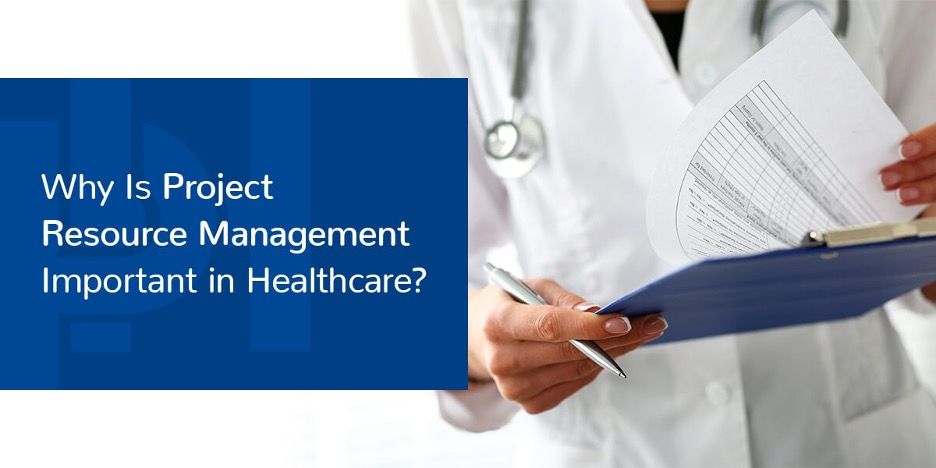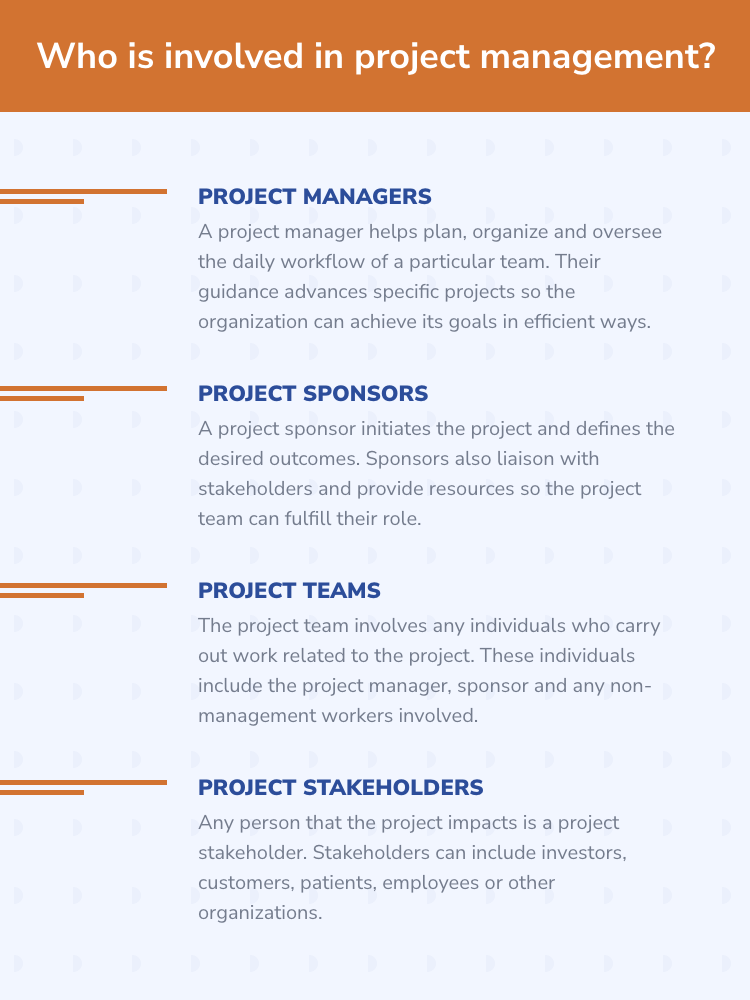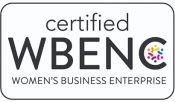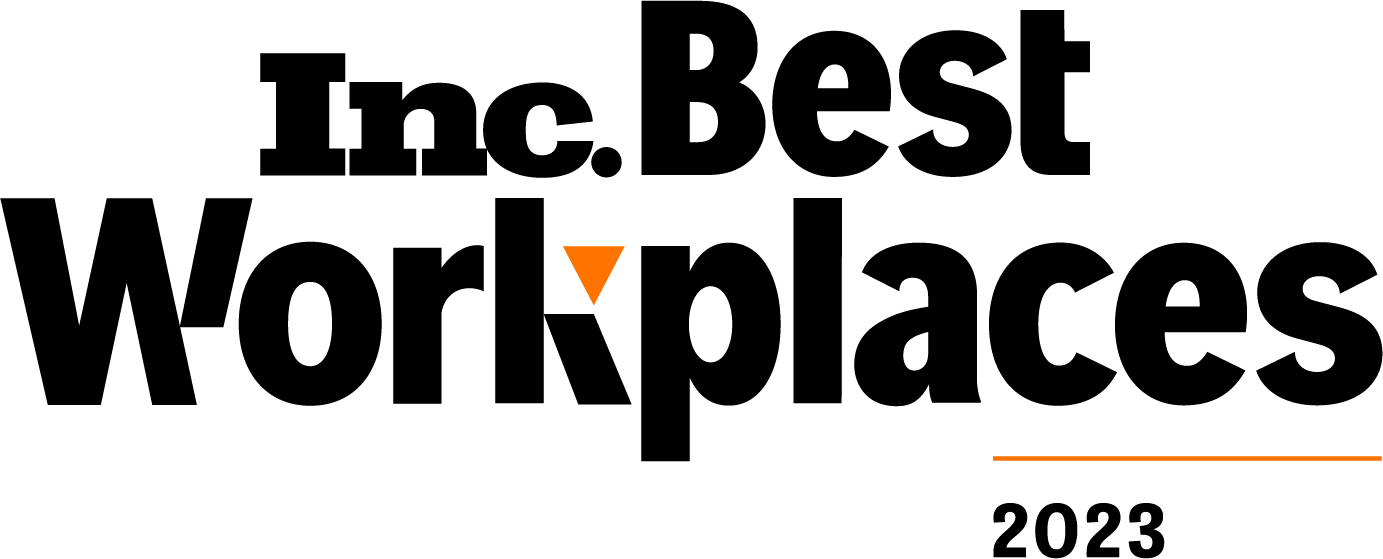
Importance of Project Resource Management in Healthcare: Benefits and Strategies
Jump to:
- What Is Project Resource Management?
- Who Is Involved in Project Management?
- How Does Project Management Work?
- How Is Project Management Beneficial for Healthcare?
- Importance of Resource Management in Healthcare
- Effective Resource Management Strategies
As any healthcare executive knows, running a healthcare organization is complex and fast-paced, with many moving parts and minimal margin for error. A robust project resource management system is essential to respond to this tension well.
Hospitals and healthcare organizations provide essential services in any society, keeping us healthy, helping us live our lives well and providing care when we need it most. Learn more about the importance of project resource management for hospitals and healthcare organizations below.
What Is Project Resource Management?
Project resource management helps organizations control costs, reduce risks and improve outcomes. In the late 1960s, when project management emerged through a non-profit organization called the Project Management Institute (PMI), its initial goal was to:
- Advance careers
- Strengthen organizational success
- Teach project management professionals new skills and enable them to maximize their impact
Even as new technologies have caused project management to grow exponentially, those goals remain relevant today.
What Parties Are Involved in Healthcare Project Management?
Strong project management involves several individuals working to streamline workflow. Significant positions within project management include:

- Project managers: A project manager helps plan, organize and oversee the daily workflow of a particular team. Their guidance advances specific projects so the organization can achieve its goals in efficient ways.
- Project sponsors: A project sponsor initiates the project and defines the desired outcomes. Sponsors also liaison with stakeholders and provide resources so the project team can fulfill their role.
- Project teams: The project team involves any individuals who carry out work related to the project. These individuals include the project manager, sponsor and any non-management workers involved.
- Project stakeholders: Any person that the project impacts is a project stakeholder. Stakeholders can include investors, customers, patients, employees or other organizations.
What Are the Phases of Project Management?
The four phases of traditional project management are:
- Project initiation: When a project begins, the project sponsors review background information, market research and other pertinent data. After defining and aligning goals with organizational aims, the sponsors send the goals to relevant stakeholders for approval. Once the sponsors receive approval, they select a project manager to develop a project team and vision for execution.
- Project planning: The project manager reviews the project goals that the sponsor has highlighted and develops a step-by-step execution plan. This plan outlines the budget, project-related activities and all individuals necessary to carry it out.
- Project execution: While the project team carries out the activities, the project manager measures progress. The manager also monitors any significant deviations from the plan and responds appropriately.
- Project closure: The project manager and sponsor review the results and report them to relevant stakeholders and team members. If necessary, they create an updated budget and timeline to compare to the original project scope.
Depending on the method used, a project management team may reorder or add to these phases to achieve the desired outcome. At ProspHire, our approach to project management is:
- Project initiation: We align our approach with the business case and organizational benefits.
- Project planning: We define the scope and project management strategy.
- Project execution: We develop cadence with leadership and deliver the product.
Our outcomes include an improved speed to market, better communication models, stakeholder alignment and increased productivity. For example, we helped a managed care organization complete a large-scale software migration. Our oversight and expertise helped the client complete the project on time while staying within their scope and budget. As a result, they received a 2-3x return on investment.
How Is Project Management Beneficial for Healthcare?
While project resource management is beneficial for every industry, some of project management’s benefits for your hospital or healthcare organization include:
- Enhancing patient care quality by streamlining processes involved in providing patient care.
- Increasing productivity and sharpening communication among healthcare staff.
- Strengthening organizational planning and refining budgeting to align resources with high-priority work.
- Augmenting processes designed to decrease lawsuit risks through improved quality of patient care.
- Improving relations with stakeholders such as insurance companies, clinicians, patients, caregivers or government agencies.

Importance of Resource Management in Healthcare
Healthcare is one of the U.S.’s largest growing industries and foundational to any well-functioning society. Effective resource management can prepare healthcare organizations for crises and help all patients receive adequate care.
As the U.S. population ages and more Americans obtain health insurance, the need for efficient and effective healthcare delivery processes increases. Additionally, crises like the COVID-19 pandemic or an economic recession can lead to patients delaying or canceling procedures. With less income from elective procedures, hospitals can lose revenue and struggle to provide adequate care to all patients. A robust project management system can help healthcare workers meet these inevitable challenges with readiness and confident action.
Medical error accounts for over 22,000 deaths per year, often due to miscommunication, mismanaged data or faulty processes. An effective project resource management system can help reduce errors by putting sound processes in place, upgrading facilities and software and improving staff training for best practices.
What Are Effective Resource Management Strategies for Healthcare?
You can choose from several resource management methodologies and strategies depending on what works best for your organization and project. Some standard resource management methods include:
- Waterfall method: One of the most common project management methods, the waterfall method organizes projects in a sequential and linear pattern through several phases. Because the project team completes each stage before starting the next, the waterfall method offers fixed costs and predictability.
- Agile method: Planning and execution co-occur in the agile method. Project teams collaborate with customers to break objectives into smaller tasks and rank them according to importance. The agile method is more versatile and adaptable than the waterfall method, allowing you to adjust your parameters and strategies as you go rather than following a linear path to reach your goals.
- Hybrid method: The hybrid method combines the waterfall and agile approaches to bolster adaptability with effective planning. This method usually relies most on agile methodologies, incorporating waterfall methods at strategic phases.
- Scrum method: Scrum is an agile methodology that organizes project tasks into “sprints” lasting one to four weeks. The Scrum master is the project manager, tasked with removing barriers and protecting the project team from outside forces that may impede progress. Regular team meetings to review the progress of each “sprint” are a defining feature of the scrum method.
- Six Sigma method: While waterfall focuses on defined steps and agile emphasizes adaptability, Six Sigma is statistically driven. This method has a more hierarchical structure than other methodologies, prioritizing a standardized process by reducing defects and increasing the repeatability of optimal results.
The methodologies above are only a few examples of the many project resource management strategies used for hospitals and healthcare organizations. Our project management professionals at ProspHire have extensive knowledge of each method. Our team understands the ideal circumstances for each one and the most effective strategies for implementing them.

Optimize Your Project Resource Management with ProspHire
If your healthcare company could use enhanced project management strategies, our professionals at ProspHire would love to speak with you! We are committed to delivering results that provide value to every sector of your organization so you can give the highest quality of care to your clients and patients. We welcome you to fill out our contact form below to get in touch with us and learn more about how we can optimize your project resource management.
Let’s have a conversation
ProspHire
216 Blvd of the Allies, Sixth Floor
Pittsburgh, PA 15222
412.391.1100
prosper@prosphire.com


© 2025 ProspHire, LLC. All Rights Reserved / Terms of Use / Privacy Policy







